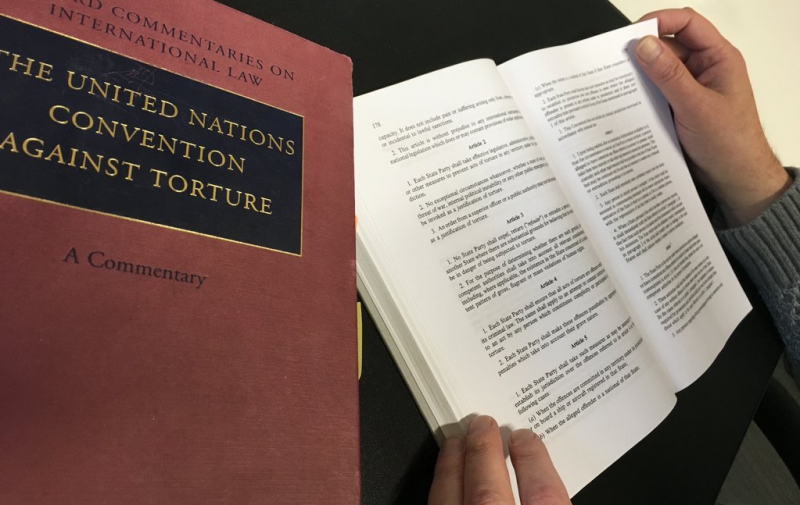APT-CTI guide on anti-torture legislation
Geneva, 23 March 2016 – The APT-CTI guide on anti-torture legislation is a practical tool for the adoption or revision of anti-torture legislation at the national level. The guide also promotes existing good practices with concrete examples drawn from different regions.

When a State accedes to or ratifies the United Nations Convention against Torture and Other Cruel, Inhuman or Degrading Treatment or Punishment (the UNCAT) it agrees to fight impunity by making torture a crime and investigating and prosecuting allegations of torture; to provide redress to victims, to exclude statements acquired through torture from all proceedings, and to take legislative and other measures to prevent torture, among other things.
The Guide is divided into thematic chapters, based on the relevant articles of the UNCAT, and lists the elements that legislation should contain. The guide also promotes good practices by providing examples of national legislation drawn from different regions and in different languages.
In a practical format, this Guide is primarily intended to assist lawmakers in drafting specific anti-torture legislation or in revising existing domestic laws. It might be also useful for actors from civil society or international and regional organisations advocating for the adoption of a legal framework on torture at the national level.
Read the guide here:

